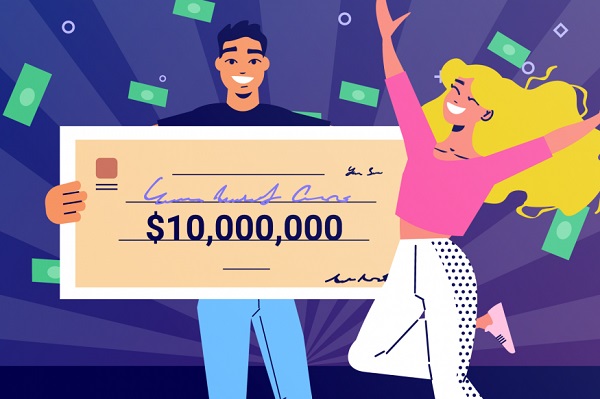The Timeless Allure of Lotteries: A Historical and Cultural Perspective

The lottery, a game of chance and hope, has been a part of human culture for centuries. Its origins trace back to ancient times, where it was used for purposes as varied as funding government projects to entertaining the masses. Over the years, the lottery has evolved, but its core concept remains the same: the thrill of winning a life-changing sum of money with a small wager. This article explores the historical evolution of the lottery, the reasons behind its enduring popularity, the fairness of these games, and the general conclusions about their future in our society.
Why the Lottery Captivates People
The lottery’s enduring appeal lies in its promise of transforming lives overnight. It offers an escape from the mundane, a foray into a world of potential wealth and luxury with minimal effort. The simplicity of the lottery, combined with its low entry cost, makes it accessible to a broad audience, transcending social and economic barriers.
Additionally, the lottery is often associated with a sense of community and shared hope. It becomes a talking point, a shared experience with friends, family, and colleagues. The excitement of the draw, the anticipation of the results, and the dream of what could be achieved with the winnings are aspects that continue to draw people in.
Fairness of Lotteries
The fairness of lottery games is often a topic of discussion. Modern lotteries are typically run by state organizations or licensed operators, with strict regulations ensuring transparency and fairness. The use of random number generators and regular auditing processes are standard practices to maintain the integrity of the games.
However, criticisms still exist, particularly regarding the odds of winning, which are usually very slim. There’s also the argument that lotteries can be seen as a form of regressive taxation, disproportionately affecting lower-income groups who spend a higher percentage of their income on these games.

Lotteries in the Digital Age
With the advent of digital technology, lotteries have adapted to the online world. Online platforms have made it easier for people to participate, increasing accessibility and convenience. They also offer a wider variety of games and interactive experiences, appealing to a younger, tech-savvy audience.
However, this digital shift has also raised concerns about problem gambling, as the ease of online participation can lead to excessive gambling behaviors. Responsible gambling measures and self-exclusion programs have become essential components of modern lottery operations.
Conclusion: The Future of Lotteries
In conclusion, lotteries have stood the test of time, continually adapting to societal changes while retaining their core appeal. The future of lotteries likely involves a balance between maintaining traditional draw-based games and innovating with new digital experiences. As long as the fundamental allure of life-changing winnings exists, coupled with the commitment to fairness and responsible gaming, lotteries will continue to be a popular form of entertainment and hope.
